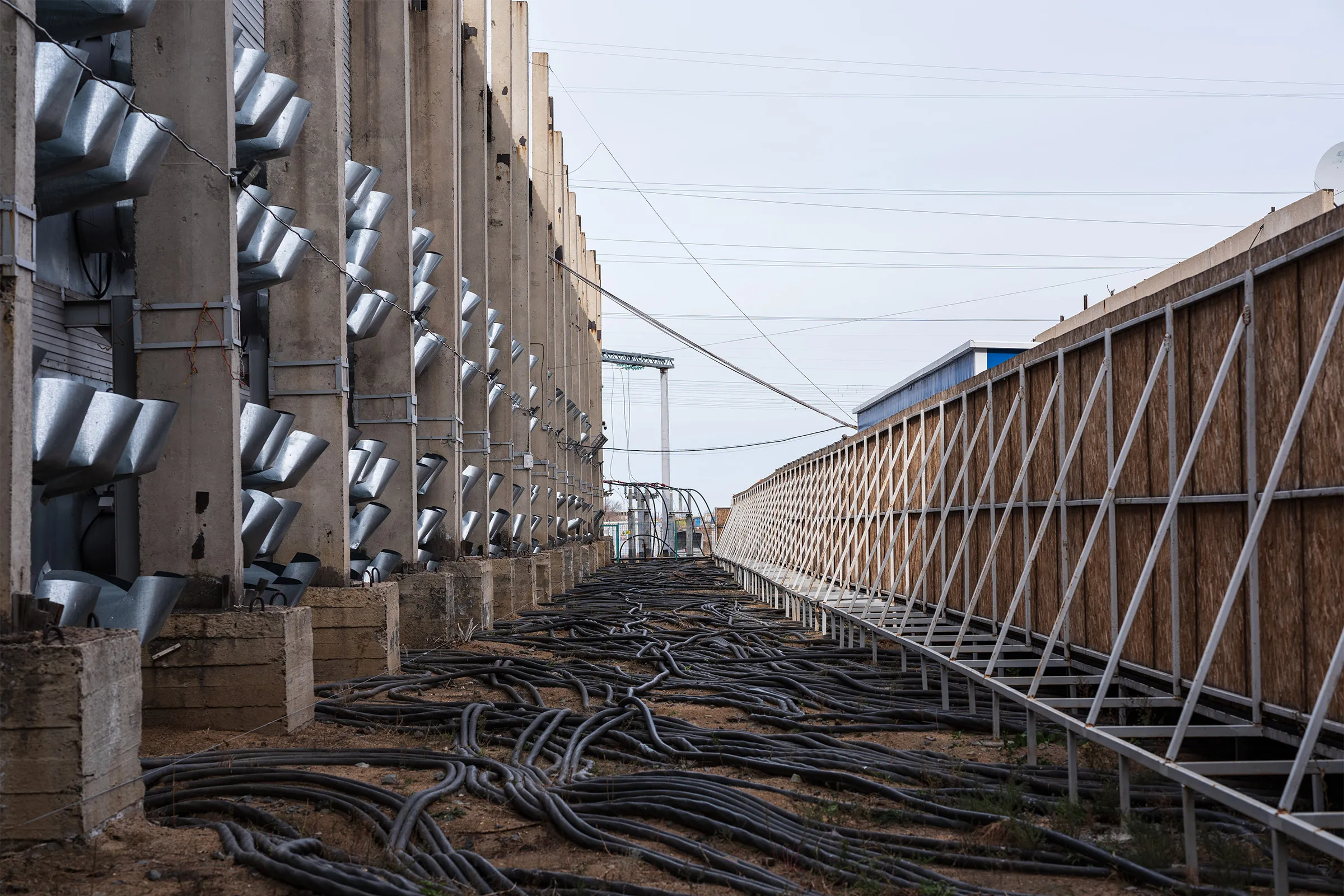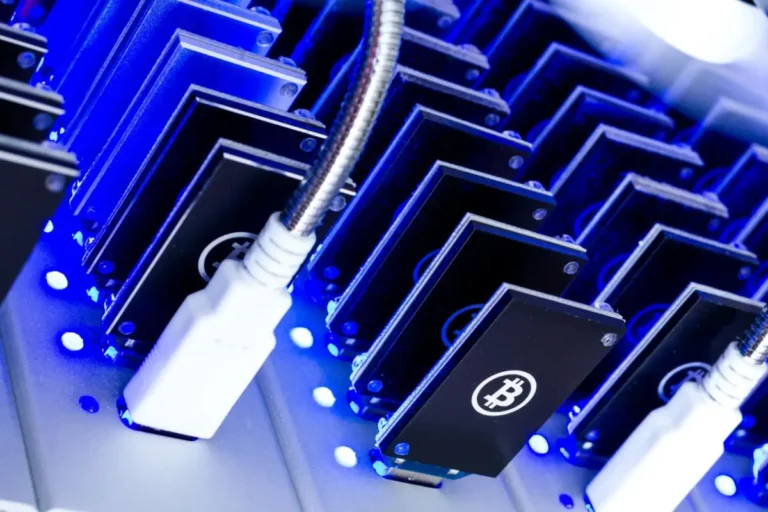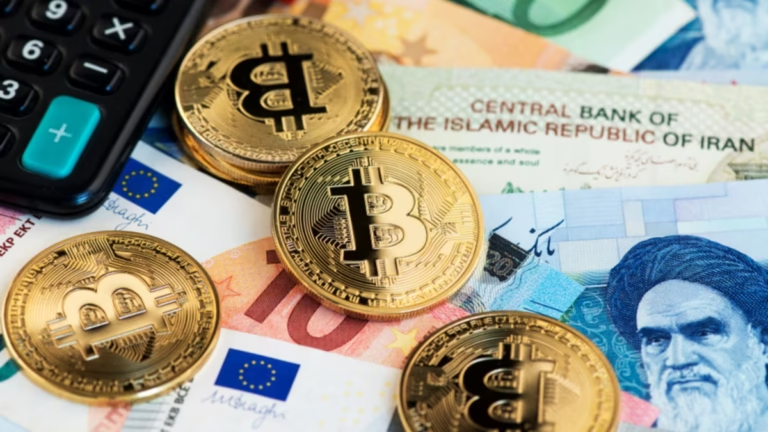The Unexpected Roadblock for US Miners: A New Challenge in the Crypto World
In a surprising move, the US Customs and Border Protection (CBP) agency has put a hold on deliveries of critical mining equipment, specifically Bitmain Antminer ASICs (application-specific integrated circuits). These machines are crucial for US-based Bitcoin miners, but customs issues are leaving miners waiting for their gear for up to two months. This situation reveals deeper issues related to sanctions and international trade that could have lasting effects on the US crypto industry. Let’s break it down and understand why this is more than just a shipping delay.
What’s Happening?
Seven Bitcoin mining companies in the United States have reported that their Antminer machines are stuck at US ports. These miners are waiting for the latest models, the Antminer S21 and T21, which are designed for mining Bitcoin more efficiently. The delay isn’t just a few days—it’s been going on for two months for some miners, causing huge operational setbacks.
The issue? The CBP is holding these shipments based on a request from the US Federal Communications Commission (FCC). The government is acting on what might be related to sanctions or regulations tied to the technology inside these machines.
Why Is This Happening?
The freeze on these shipments seems to be connected to a bigger issue: sanctions. There’s speculation that Bitmain, the company that manufactures the Antminers, may be tied to a chip designer called Sophgo. Sophgo is involved in a Department of Commerce investigation because some chips they designed were found in Huawei AI processors, and Huawei has been under US sanctions since 2019. So, the government is likely trying to prevent technology that could indirectly benefit companies under sanctions from entering the US.
In other words, it’s not just about stopping a mining machine from arriving at a warehouse—it’s about keeping tight control on the flow of technology that might have links to sanctioned companies or countries, like China.
Key Details and Terms to Remember
- ASICs (Application-Specific Integrated Circuits): These are the specialized machines used for Bitcoin mining. They are faster and more efficient than regular computers, and in the case of Bitmain’s Antminers, they’re one of the leading products in the mining industry.
- Customs and Border Protection (CBP): This is the US agency that enforces customs regulations at borders. They can stop shipments for a variety of reasons, including compliance with US laws like sanctions.
- FCC and ATU (Advanced Targeting Unit): These are the branches of the US government involved in identifying risky shipments. The ATU, for example, identifies shipments that might be linked to illegal activities or sanctions violations.
- Sophgo: A Chinese company involved in the chip design controversy, whose technology is at the heart of the current investigation.
- Sanctions: Economic or trade penalties that can be imposed on a country or company, which in this case includes Chinese tech giants like Huawei.
Why This Is Important
At first glance, it might seem like just another delay in the shipping world, but this event highlights larger issues at play in the world of cryptocurrency and global trade. Here’s why it matters:
- Impact on US Miners: For US-based mining operations, delays like this mean lost profits. Miners depend on these machines to stay competitive, and any hold-up directly affects their ability to mine Bitcoin effectively.
- Supply Chain Tensions: China supplies the vast majority of the world’s chips, including those used in crypto mining. US miners relying on Chinese manufacturers are now facing unexpected barriers, which could lead to price hikes and shortages.
- Geopolitical Implications: The freeze on shipments may be a sign of growing tensions between the US and China over technology. With increasing scrutiny on Chinese tech companies, especially in areas like AI and crypto mining, the US government is getting more aggressive in its trade policies.
- Cryptocurrency Regulations: This situation could be a preview of future regulatory challenges for the crypto industry. As governments around the world scrutinize the technology behind crypto, issues like this one could become more frequent, affecting miners and the overall market.
Building Your Knowledge
This event isn’t just about customs problems; it’s a wake-up call for anyone interested in cryptocurrency. By understanding the larger forces at play—like US regulations, international trade, and sanctions—you can better navigate the rapidly evolving crypto world. Whether you’re a miner, an investor, or just curious, this story gives you a glimpse into how fragile the global crypto ecosystem can be. These kinds of issues could have ripple effects on Bitcoin prices, mining profitability, and even the long-term success of certain crypto projects.
So, if you want to understand not just how cryptocurrency works, but also how global politics and regulations impact it, keep your eyes on stories like this. The more you know, the better you’ll be at predicting future trends and making informed decisions in the crypto space.



